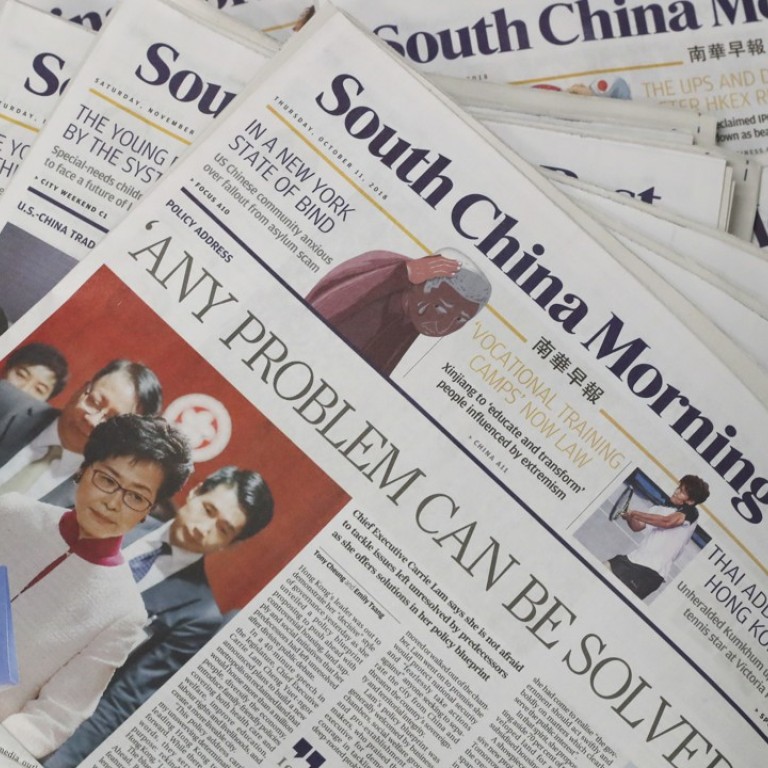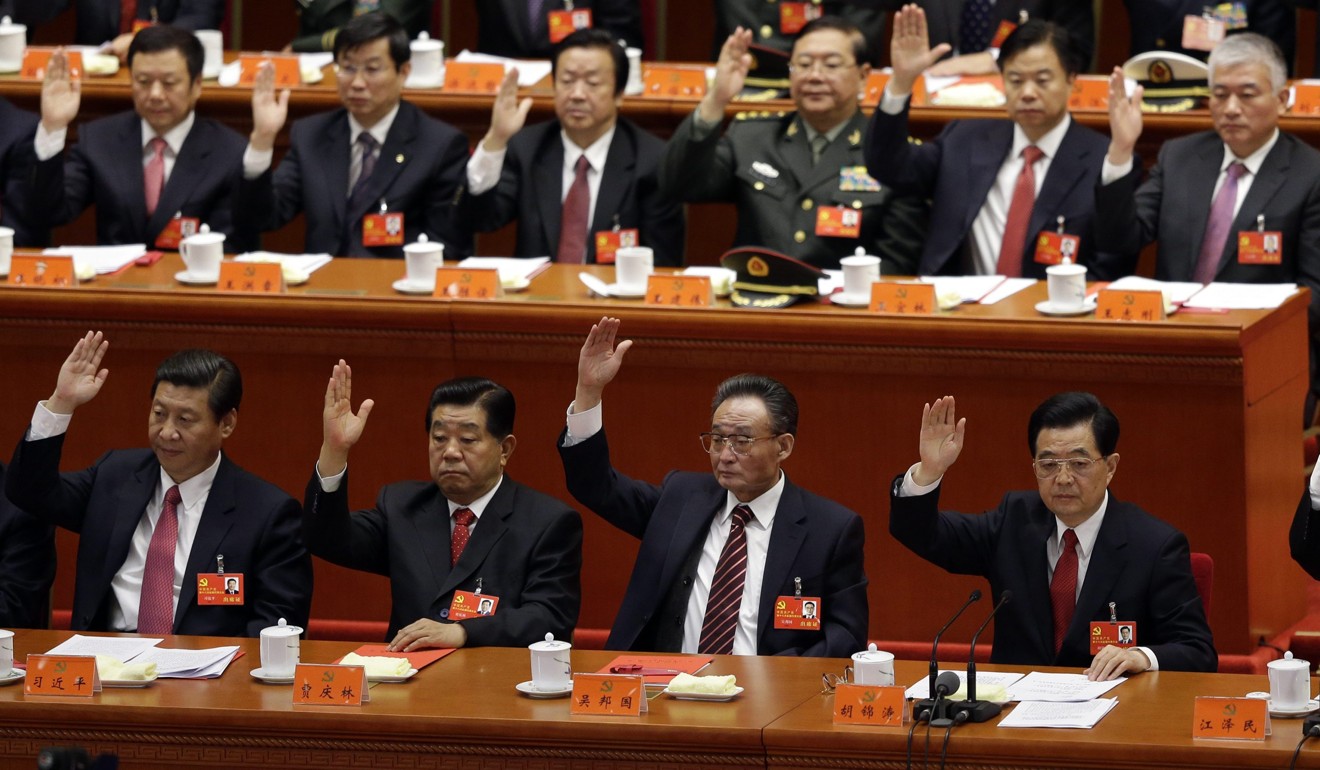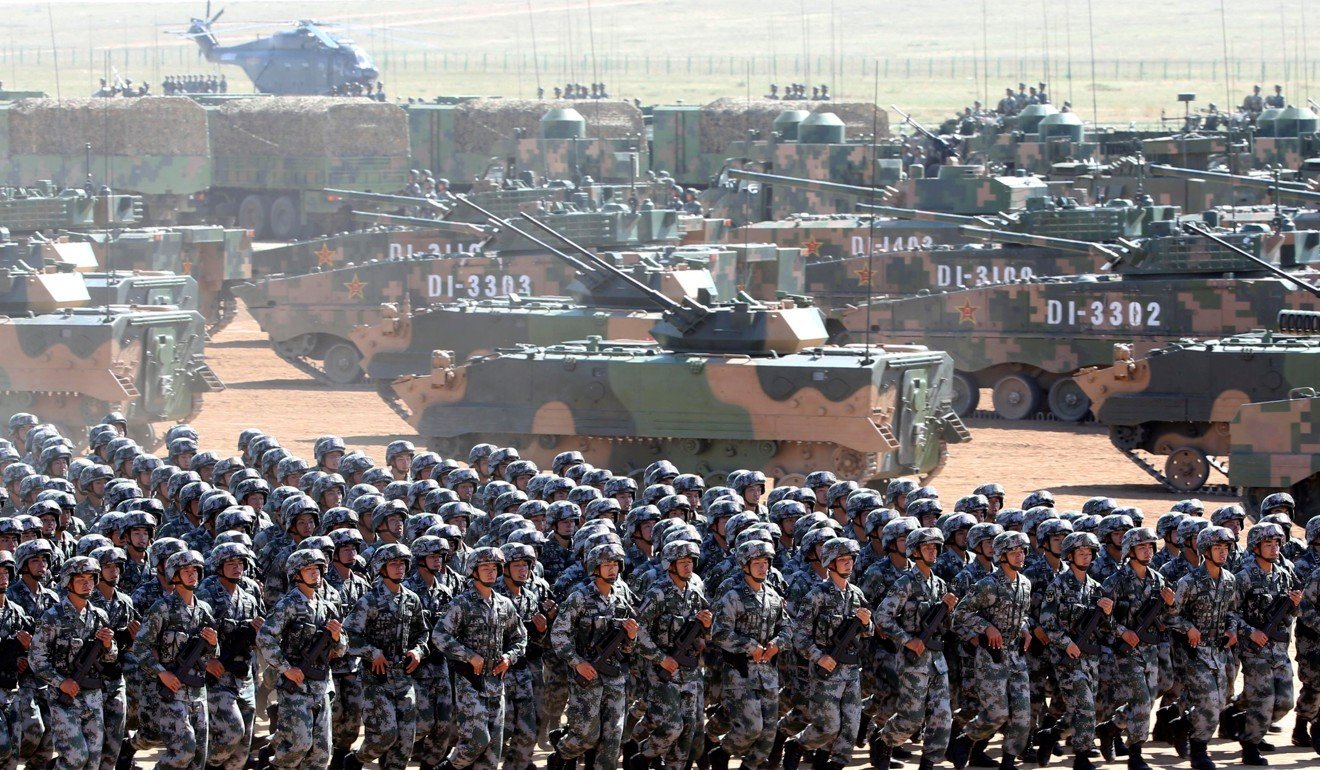
The South China Morning Post: 115 years of unparalleled reporting on all things China and Asia
- Well into its second century, a Hong Kong-based news outlet remains a trusted source of reporting and insight for China watchers of all stripes
With its unique Hong Kong base – a gateway to mainland China – the South China Morning Post has played an important role in providing insights and updated information about Greater China to the outside world since it was first published 115 years ago.
Its extensive coverage and deep understanding about China have been an important source of information and reference for diplomats and China watchers in the West and in Asia.
Former Mexican Ambassador to China Jorge Guajardo said the Post was his “daily go-to source on China issues” while he was stationed in China from 2007-2013.
At the time, the print edition was the primary medium for the Post. Foreign embassies, hotels and foreign companies which subscribed to the newspaper would only get it in the evening.
While he was in Beijing, Guajardo said, reading the Post after work was his daily habit.

“I remember we used to get it in Beijing late in the afternoon, around 6pm, so I would go home from the embassy and sit down to read the SCMP,” he said. “I would do that every day, with the print edition.”
The habit has continued since he left China; but reading the Post outside Hong Kong now in an era of mobile and tablet applications has become easier, with even more timely news.
“I particularly like the way [the Post] covers Chinese politics and the business sector,” Guajardo said. “Not a day goes by when I don’t read an SCMP article that I think merits tweeting.”
Among the China stories he remembers, Guajardo cited the Post’s coverage of the 2012 leadership reshuffle during the 18th party congress that marked a significant political transition from former president Hu Jintao to President Xi Jinping.
At the time, the Post profiled all the rising stars in Xi’s team.

“I particularly remember the extensive profiles written about potential members of the Standing Committee of the Politburo heading up to the 18th party congress,” the ambassador said. “SCMP was breaking ground in naming who they would be, as well as profiling them.”
“I would print the profiles and send them to my capital,” he said. “It was the best way of getting them up to date on the latest political scene on China.”
Kerry Brown, a Chinese studies professor who directs the Lau China Institute of King’s College London, said he also was very impressed by the Post’s reports on the 18th party congress because they “predicted exactly who the new Politburo Standing Committee that year would be”.
Brown started reading the Post in the 1990s as he began to take an interest in Chinese affairs.
“It was, and remains, the most detailed and up-to-date English language coverage of issues within and surrounding Greater China,” Brown said. “It offers well written, objective journalism, and the most comprehensive coverage.”

Other stories he remembered were about former politburo member Qiao Shi in the 1990s and linkages to the inner workings of the administration of former president Jiang Zemin.
A Post reader for over two decades, Brown said he was most interested in reporting that helped take the mystery out of China.
Such stories were invaluable in promoting “understanding and thinking about Chinese politics” while helping “to demystify one of the world’s most vexatious issues – what is happening in China, why it is happening and what does it mean?” he said.
David Shambaugh, a George Washington University professor with the department of Asian studies, political science and international affairs, said the Post has been an important reference tool for all China watchers.
“I have been an avid reader of SCMP since the late-1970s,” he said. “Over the years, it has been a staple for all China watchers, providing facts and insights not available elsewhere.
“Perhaps most important,” the professor said, “the SCMP has consistently demonstrated its editorial independence. For these and other reasons, I look forward to reading the SCMP every week.”
Besides observers in the West, foreign China watchers based in mainland China also have looked to the Post as their go-to information source.
Francesco Sisci, a senior researcher at Renmin University in Beijing, said he has been reading the Post since the 1980s, because as a Hong Kong-based news publication, it “looks at China partially from out of China”.
In recent years, the Post has expanded its coverage of China’s foreign diplomacy, partly as China’s importance on the world stage grows, and partly as digital platforms allow the Post to reach a much wider spectrum of readers geographically.
Today, about one third of readers on the Post’s digital platforms are from the US. Roughly a quarter are from five Asian countries – Malaysia, Singapore, Indonesia, the Philippines and India.
The Post’s coverage of China’s foreign relations “is also consistently up-to-the-minute and frequently offer details unavailable elsewhere”, Shambaugh said.
“SCMP has also done well in recent years to expand coverage of Southeast Asia,” he said.
In Singapore, Collin Koh, a research fellow at the Maritime Security Programme at the S. Rajaratnam School of International Studies, said he reads the Post primarily to learn about maritime security and naval affairs.
He said he is most impressed by the organisation’s reporting on South China Sea issues, Beijing’s ambitious Belt and Road infrastructure initiative and China’s military.
The Post’s coverage of the South China Sea, he said, “has been one of the strongest points of SCMP reportage”.
The Post also has provided cutting-edge coverage of the modernisation of the People’s Liberation Army, especially the navy, Koh said.
“The stories that relate to new developments of the PLA, which are not often reported in other mainstream English media, have been especially unique,” he said.

As an example, he cited “the story about harnessing artificial intelligence for decision-making on board the PLA Navy’s nuclear submarines”. He also liked the Post’s reporting on “other new technologies”.
“I believe these [articles] are useful because even though these may have been reported sometimes in the Chinese media, English-speaking readers may miss these stories,” Koh said.
“SCMP, through [digging] deeper into these reports or uncovering by itself new areas of developments, sheds very insightful perspectives on these issues.”
Chas Freeman, an ambassador who served as the US assistant secretary of defence for international security affairs from 1993 to 1994, said he likes the Post’s coverage of China’s military, among other China-related topics.
Freeman said he has read the Post “off and on” since first visiting Hong Kong more than 50 years ago. He said he was unable to read the publication frequently during his stints in China because it was not easily available in Beijing in the 1970s.

Moreover, he said, he preferred to read Chinese material when he was in Beijing in the 1980s.
Since then, he said, he has “rediscovered” the Post. “It took the internet age for me to rediscover the SCMP,” Freeman said.
“I particularly admire the coverage of developments in Chinese technology and in military modernisation, but also benefit from the economic coverage the paper provides.”



